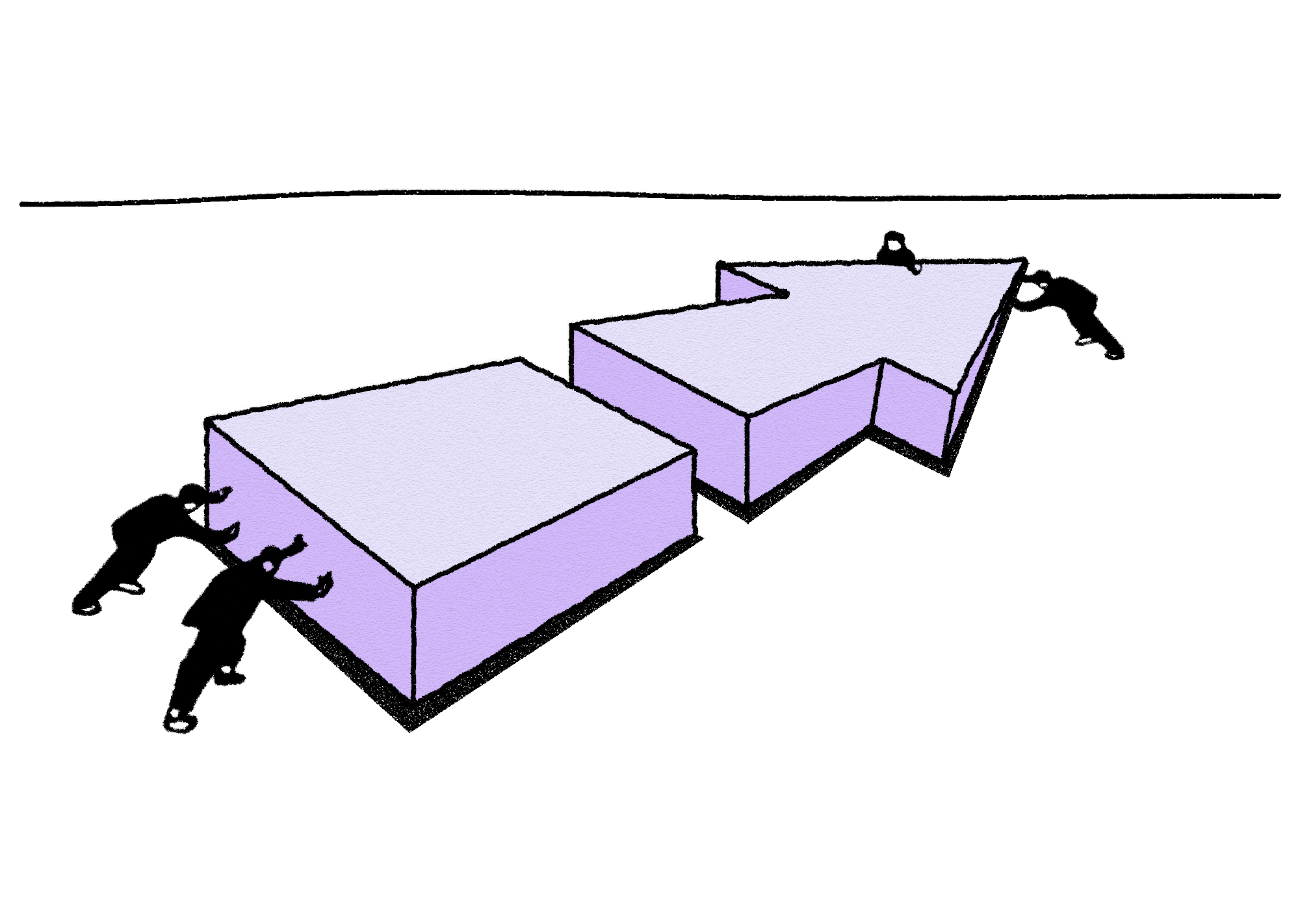View more from
ArticleAs evidence-based leadership and inclusion consultants, Delta has received many questions from clients and partners about how they can respond meaningfully, following the widespread increased attention to structural racism associated with the protests around the US, here in the UK, and across the world.
Many white professionals and business leaders are expressing shock and uncertainty about how to respond, asking, what can we do now?
Racism is not new, and it isn’t restricted to America. Professionals from minority ethnic backgrounds are expressing anger and sadness at this reminder, yet again, that we live within a racist hierarchy, and frustration regarding when this will end.
Conversely, white professionals may think racism is in the past or only exists when the occasional ‘bad’ person uses racist slurs and marches for white supremacy. But racism is systemic and institutional, it is built into organisational policies, practices and behaviours. One reason people assume racism is in the past is because we are now much more likely to see its effects than experience it or witness it overtly.
So, racism is kept alive when powerful members of organisations (e.g. leaders or those who design policy) don’t attend to it because they think it doesn’t matter at work today or that it’s an issue that only their black, Asian and other minority ethnic colleagues must contend with. To change this, white leaders need to understand the difference between being ‘not racist’ and being ‘anti-racist’.
A recent Financial Times article emphasises this is a pivotal moment for Active Allyship. At Delta, we have been delivering Allyship and Race Fluency programmes for over 5 years. Many of the allies we have worked with in organisations are seeing current events as an opportunity to strengthen their Allyship ‘muscle’ and make impactful positive change Delta helps managers and leaders understand what Allyship means to them and acquire practical skills for being an upstanding, anti-racist and proactive Ally.
What is an Ally?
An ally is a person who stands up, supports and advocates for a social group they don’t belong to.
What does it take to become an upstanding and proactive ally?
Allyship is a journey; it doesn’t just ‘happen’ after reading a book or listening to a webinar. Upstanding and proactive Allyship requires awareness, commitment, understanding, learning and effort. We offer 10 steps below, which we use to support and equip our clients in their Allyship journey:
- Acknowledge your privilege and others’ disadvantage
- Learn that racism is systemic, and that it’s easier to see the effects of it than the actions themselves
- Fight your inner colour-blindness and the comfort that comes with ignoring the attention that we as humans pay to ‘race’
- Recognise white fragility to manage the emotions that come with talking about race
- Think intersectionally about how identities are interconnected and shape experiences differently
- Communicate mindfully with positive intent, recognising that it is not others’ responsibility to educate you
- Develop race fluency to accurately reflect your values and beliefs
- Build a personal case for why reducing racial inequality matters to you personally
- Identify your impact to put your energy into things that you have the power to change
- Become a disruptor by reducing personal bias, calling out and dismantling racism within your reach
Allies have an active role to play to increase engagement and retention, accelerate diverse talent progression and enable innovation for employee wellbeing and organisations’ sustainability today.

What will you do now?
Allyship is not different now. Activate your Allyship potential – be an upstander rather than a bystander, be anti-racist, proactive and act now. Start by asking yourself:
- How has the current race narrative, triggered by events in America, impacted me personally?
- How might it have impacted my minority and majority ethnic colleagues or clients?
- How comfortable and fluent am I in talking about race at work?
- What information, support and skills do I need to be an upstanding, anti-racist, proactive Ally?
- What actions do I want to take and who do I need to reach out to?
Related resources

Article
Why target your leadership programmes?
What now for equity, diversity and inclusion?
Read more









